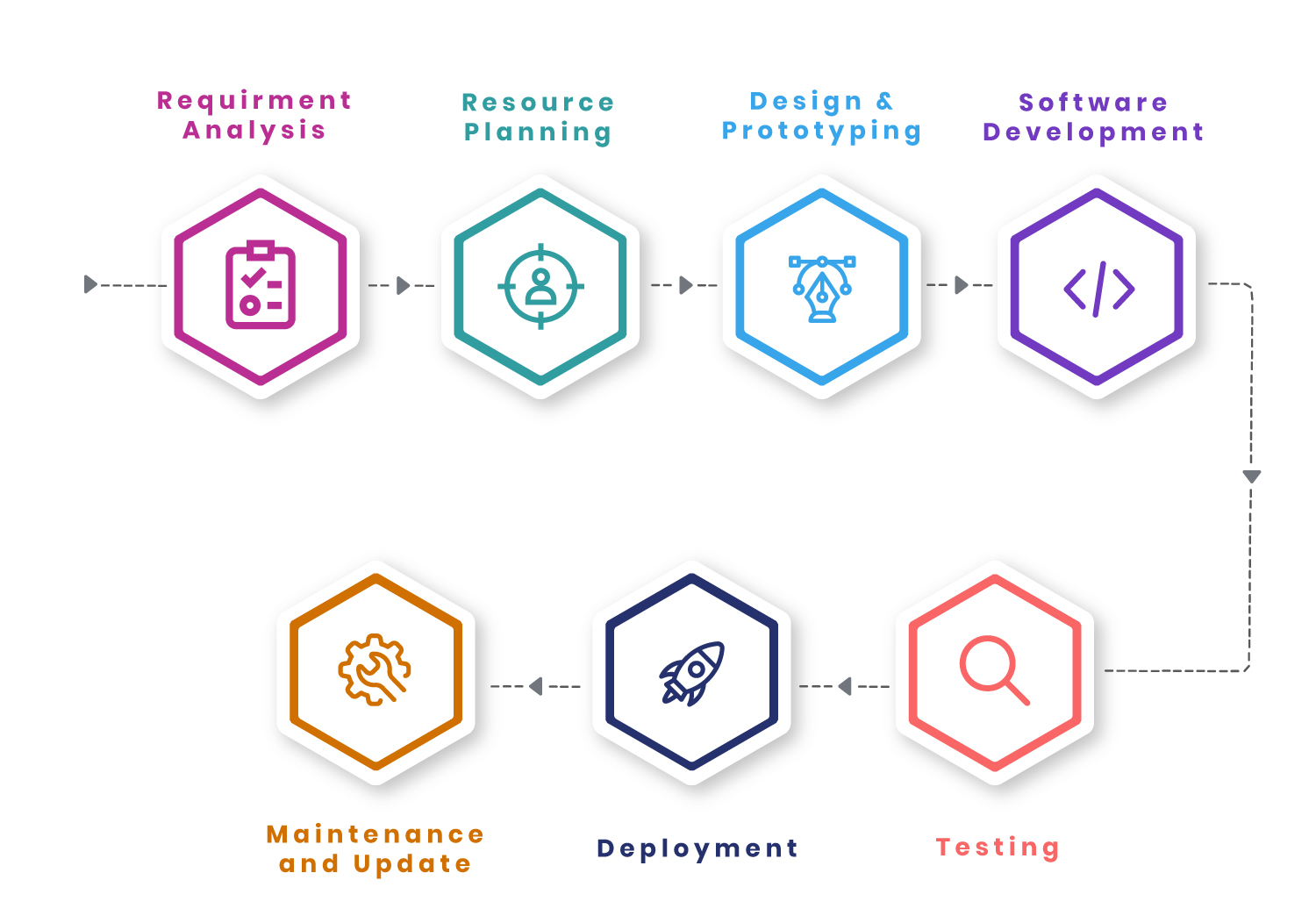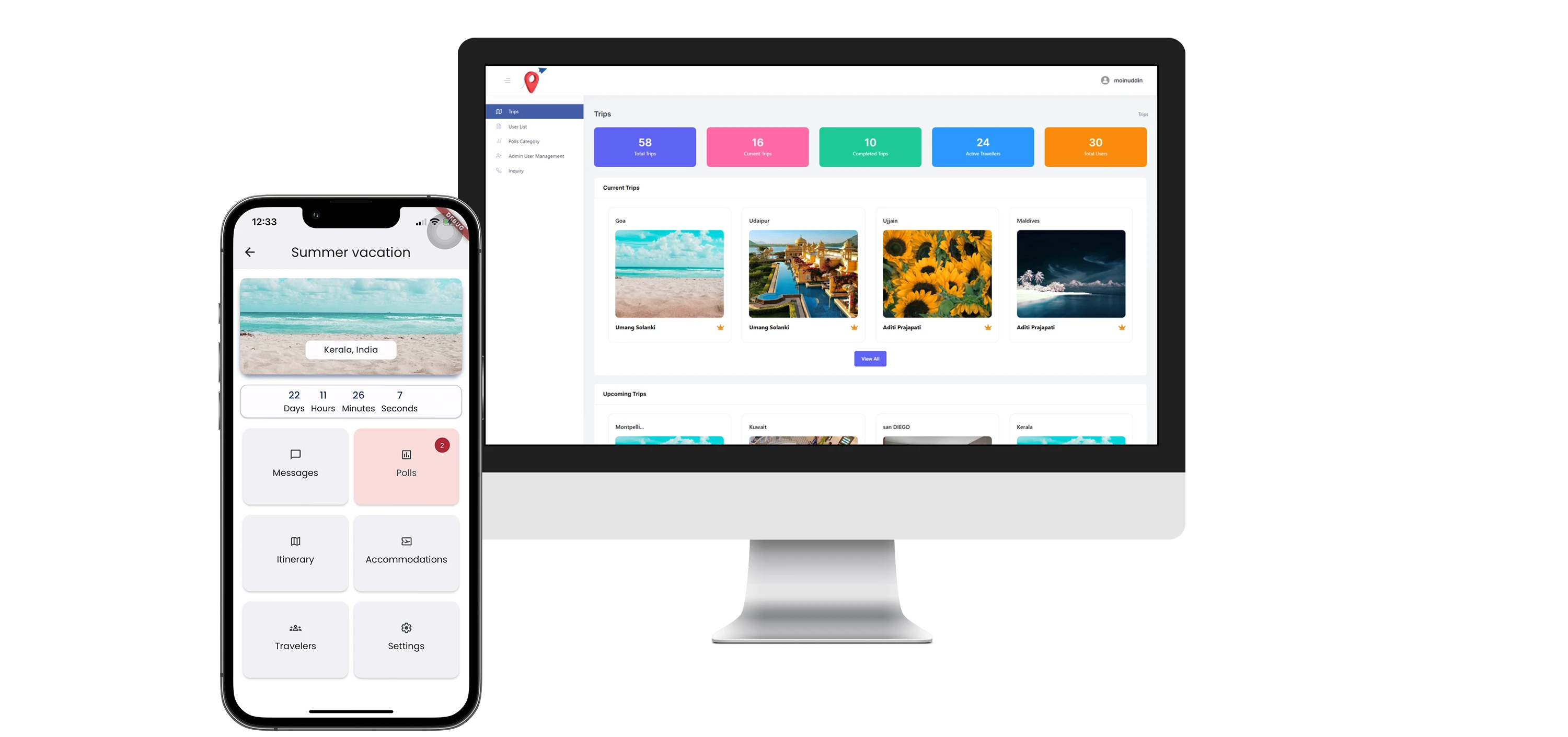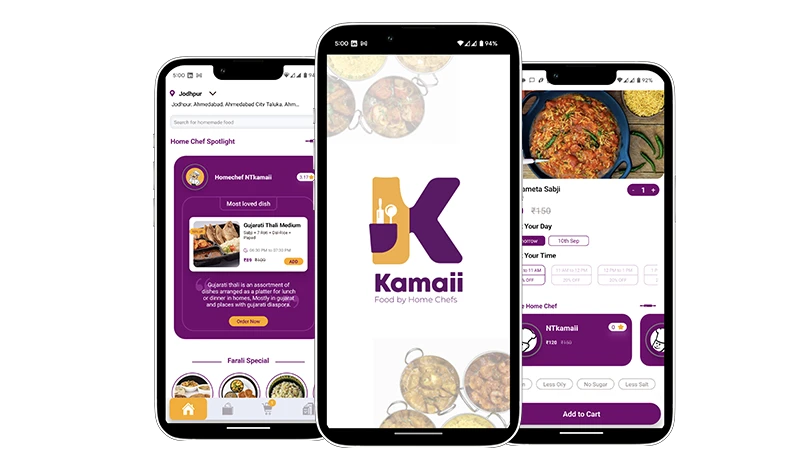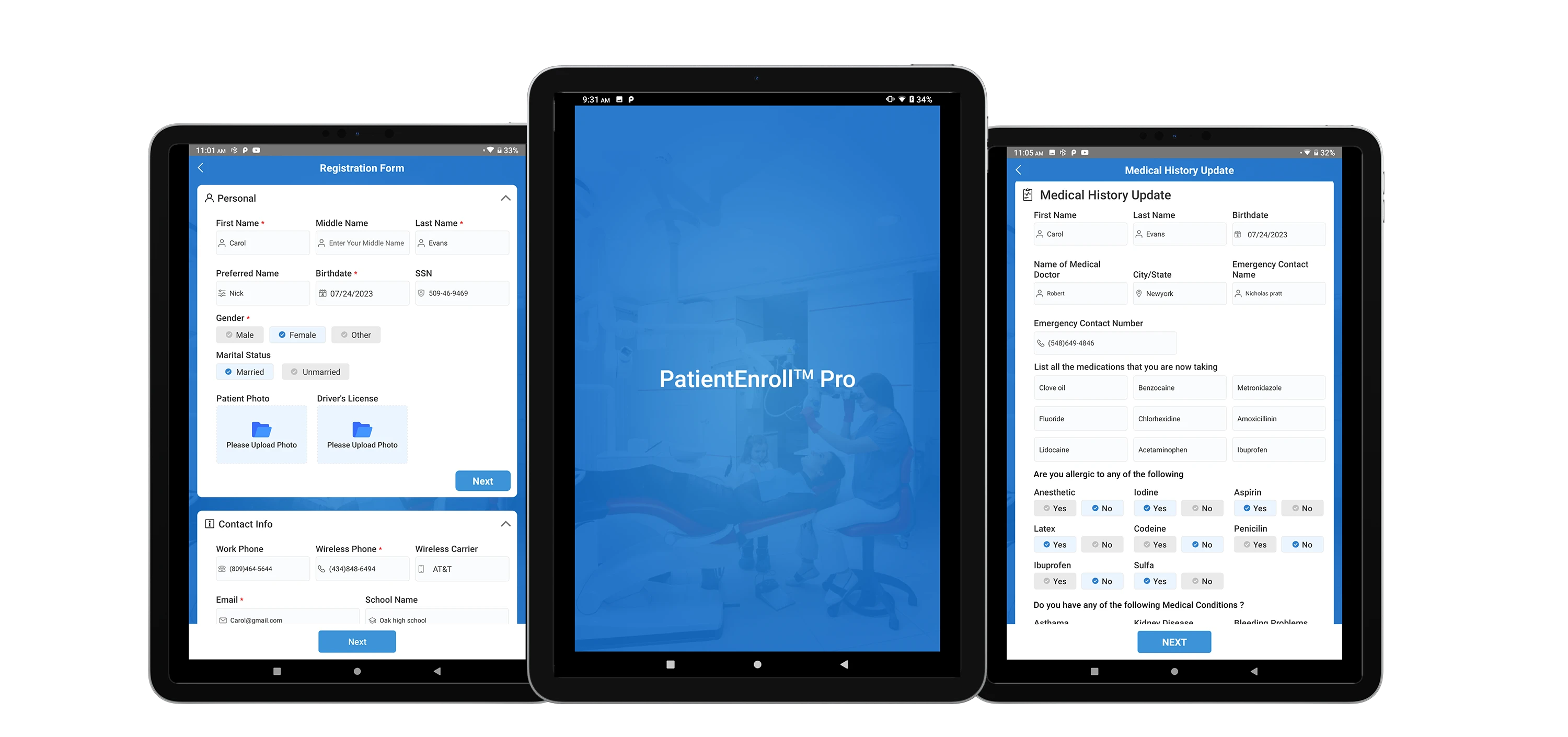Hybrid App Development
Our mobile app solutions are built with a deep understanding of how modern enterprises, field teams, and customers operate in fast-paced, always-connected environments. We combine intuitive UI/UX design with secure, scalable, and high-performance backend architectures to ensure every tap, swipe, and transaction feels seamless and reliable.
From real-time data synchronization and GPS-based operations to offline access, cloud integration, and enterprise-grade security, Nichetech ensures your mobile apps work flawlessly wherever your business goes.
Whether you are empowering field staff, engaging customers, or enabling decision-makers with live insights, our mobile applications become a strategic extension of your business—driving productivity, engagement, and measurable growth.
With Nichetech, mobility becomes a competitive advantage.
NicheTech helps businesses in leveraging the growth opportunities offered by mobile landscape by providing efficient mobile app development solutions.
Disruptive Mobile Business Solutions
The mobile platform is undisputedly the most promising growth platforms in the 21st century. Every budding startup, growing enterprise and established organization is trying to leverage the mobile opportunity to attract and engage customers through mobile apps and mobile-based solutions. At NicheTech, we believe the mobile opportunity is much bigger than it is projected. Apart from core mobile app development services to create intuitive apps for improving customer interaction, we provide end-to-end mobile application development solutions for various use case scenarios.
Mobile App Development service
Owing to our strong expertise in mobile app development, we offer inclusive solutions for your business to grab the mobile opportunity. We can create a beautiful and efficient front-end of your complex business software. Our API team can work with your legacy software system team and produce some meaningful apps that work over and above your existing databases.
Enterprise Mobility Solutions
Our customized mobility solutions can help you improve the efficiency of your business processes with our enterprise mobility solutions. Not all the software used by businesses are mobile friendly, our business solutions team is experienced in analyzing the critical business operations, they propose easy to understand flows for mobile apps.
Business Intelligence Dashboard
The top management in the organizations don’t want to micromanage their companies, rather they should be effectively monitoring their organizational progress on fingertips. We excel at creating insightful business intelligence dashboards powered by big data analytics and artificial intelligence.
Utility Mobile App Development
SMEs are growing very fast, they need solutions supporting their growth, Our expert mobile app developers can create highly-functional utility apps that can make simple things simpler. Your business applications can be quickly demonstrated on mobile devices with a scalability to any device in future.
Beyond "Best": Open Your App's True Potential
Forget generic claims of being the "best" mobile app development company in India. Nichetech focuses on a collaborative approach, understanding your vision and exceeding expectations. Our Mobile App Development Services encompass the entire journey, from:
Concept Brainstorming: We work closely with you to refine your app idea, ensuring it aligns with market needs and your business goals.
Precisely Design: Our award-winning design team crafts user interfaces that are both aesthetically pleasing and incredibly intuitive.
Strong Development: Our skilled developers leverage the latest technologies (think AI, AR/VR, and blockchain) to build secure, high-performing apps.
Seamless Integration: We integrate your app with existing systems, ensuring a smooth user experience and streamlined operations.
Comprehensive Testing & Launch: We rigorously test your app across various platforms before a successful launch.
Top Mobile App Development Trends to Watch in 2025
1. 5G Revolutionizes App Functionality (100x Faster Speeds):
The rollout of 5G networks is a game-changer. With speeds up to 100 times faster than 4G, users can expect:
Seamless Streaming: Buffering becomes a thing of the past, allowing for uninterrupted enjoyment of high-resolution video and audio content.
Enhanced AR/VR Experiences: Imagine immersive augmented reality (AR) and virtual reality (VR) experiences with minimal lag and near-instantaneous responses.
Cloud-Powered Apps: Complex data processing and storage can be handled efficiently in the cloud, enabling more sophisticated functionalities within mobile apps.
2. Foldable Phones Usher in a New Era of Design (Market Projected to Reach $27.9 Billion by 2027):
Foldable phones are no longer a futuristic concept. With a growing number of brands entering the market, the user base for these innovative devices is expected to surge. This presents exciting opportunities for app developers to create:
Multi-Window Functionality: Imagine seamlessly working on two apps simultaneously, maximizing productivity on a single device.
Interactive User Interfaces: Foldable screens can be utilized for unique UI elements that enhance user engagement and interaction.
3. The Rise of Wearable Apps (Global Wearable Market to Reach $81.5 Billion by 2025):
Smartwatches and other wearable devices are gaining immense popularity. Developers are creating innovative apps that leverage these devices for:
Health & Fitness Tracking: Imagine a comprehensive health and fitness ecosystem where data from your wearable seamlessly integrates with your mobile app, providing personalized insights and motivation.
Mobile Payment Integration: Contactless payments using wearables are becoming increasingly common, offering a secure and convenient way to pay for goods and services.
4. Focus on User Privacy & Security (Data Breaches Cost Businesses an Average of $3.92 Million):
With growing concerns about data privacy, user trust is paramount. Here's what's driving the future of mobile app development:
Enhanced Data Security Measures: Robust security protocols and encryption techniques are crucial to safeguard user data and prevent breaches.
Transparent Data Practices: Clear communication regarding data collection and usage will build user trust and loyalty.
Why is NicheTech the most reliable business mobility solutions provider?
Leader in Android & iOS mobile application development domain
Rigorous testing to ensure apps are bug-free and high-performing.
Utilizes automated and manual testing techniques.
Demonstrated experience of delivering highly-functional B2B & B2C mobile apps
Proven development model promising timely delivery
Provides value-driven solutions that meet budget constraints.
Excellent track record of satisfying startups, enterprises and end-users.
Regular updates and open communication throughout the project lifecycle.
Incorporates innovative features to keep your app competitive.
Quick resolution of any issues that may arise post-launch.
Strong focus on understanding and meeting client needs.























